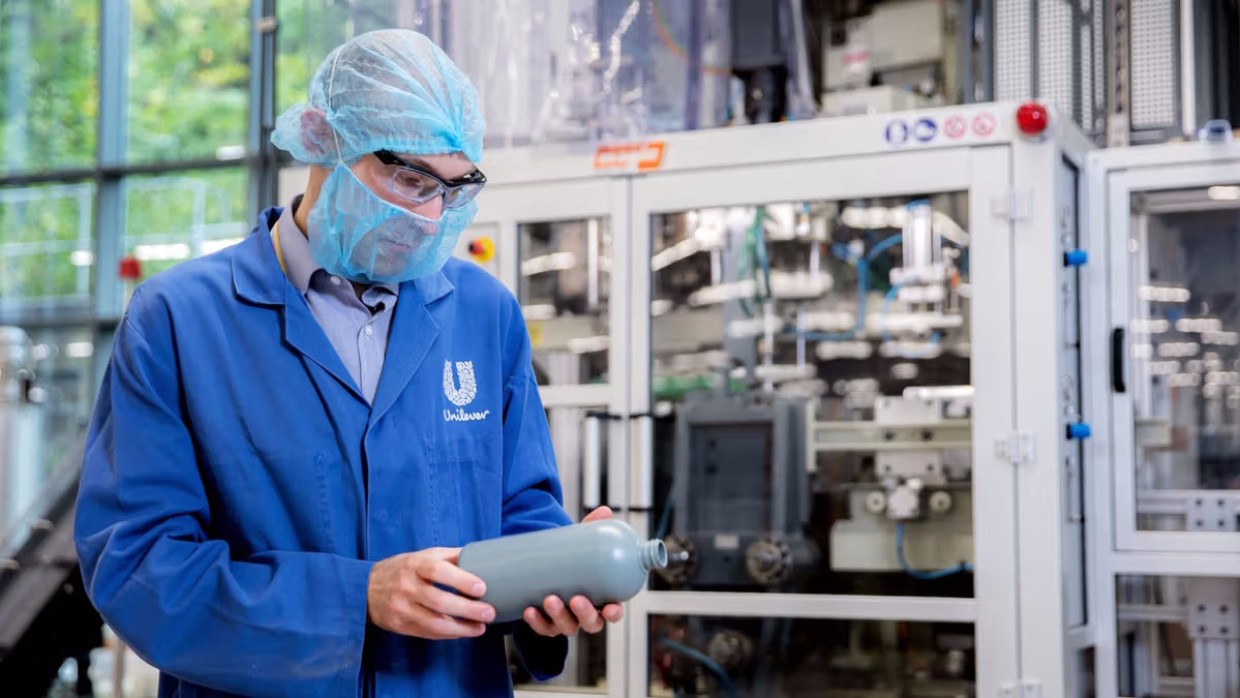News
News
In search of the best eco-plastic
Unilever invests heavily in plastic-free packaging
The Unilever Group has more than doubled its investment in sustainable packaging solutions. The aim is to make flexible plastic packaging fully reusable, recyclable or compostable by 2035 and to end plastic pollution through reduction, circular economy and collaboration, the company has now announced. The British consumer goods manufacturer is investing significant sums in several new solutions at a global research and development centre, including materials that are both recyclable and compostable. "Our progress in plastics is industry-leading, but we can't afford to sit back," said Pablo Costa, Global Head of Packaging at Unilever. "That's why we are now taking packaging development into our own hands." At the same time, the Group wants to work with partners and other companies in the industry to bring solutions to the market.
Recycled plastic instead of new plastic
One key to reducing plastic consumption is to eliminate unneeded packaging through alternative product formats and business models. This includes the introduction of new packaging formats for reuse and refilling. Another approach is to use more recycled material. Recycled plastic is subjected to strict quality controls to ensure that it meets the same standards as new plastic in terms of odour and colour, for example. The research and development team has already characterised 160 types of recycled plastic and developed a digital tool that can predict the colour of packaging. Thanks to the tool, physical prototypes are no longer necessary. This saves resources and shortens development times. A pilot plant also helps to optimise materials and designs virtually.
Same rules for all
Among other things, Unilever is developing new types of bags and sachets that are recyclable and biodegradable. "Packaging liquid products such as detergents and shampoo in paper is one of the most technically challenging tasks we have to solve," explains Costa. The solution lies in replacing the plastic film layer with alternative materials that seal the packaging without compromising its recyclability and degradability. Unilever has already evaluated more than 3,000 technologies, including those from the pharmaceutical and electronics industries. "The switch to recyclable and compostable flexible paper packaging requires a fundamental change in the industry," says Costa. "There are no quick fixes." The Unilever manager also calls on politicians to take coordinated measures for the entire life cycle of plastics to ensure that all companies are bound by the same rules. Voluntary measures by industry alone would not be enough to reduce global plastic pollution.
Source: Unilever

